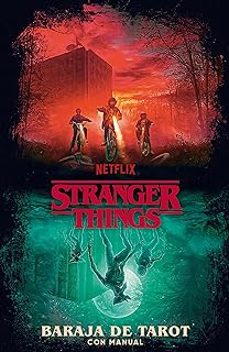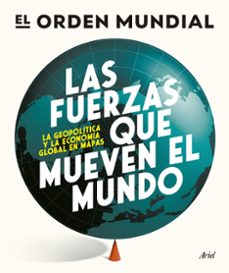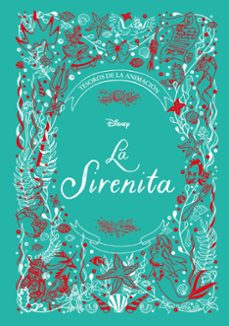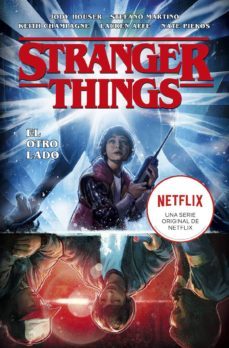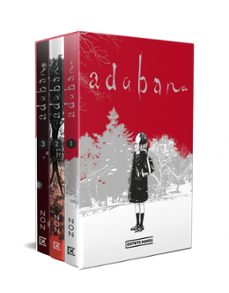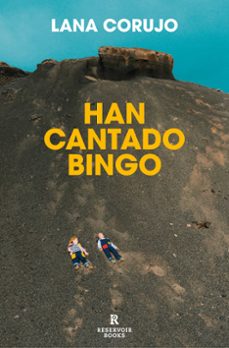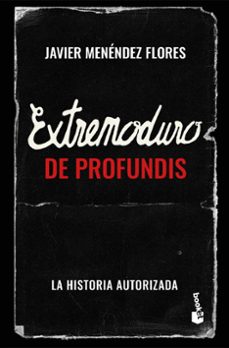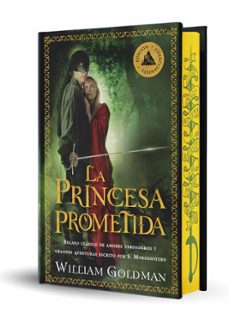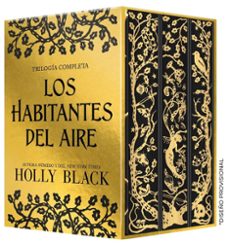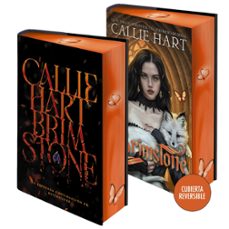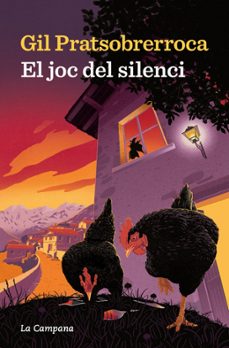📗 Libro en inglés THE DREAMING JEWELS
VINTAGE INTERNATIONAL. RANDOM HOUSE- 9780375703737
Sinopsis de THE DREAMING JEWELS
Winner of the Hugo, Nebula and World Fantasy Life Achievement Awards "One of the masters of modern science fiction."--"The Washington Post Book World" Eight-year-old Horty Bluett has never known love. His adoptive parents are violent; his classmates are cruel. So he runs away from home and joins a carnival. Performing alongside the fireaters, snakemen and "little people," Horty is accepted. But he is not safe. For when he loses three fingers in an accident and they grow back, it becomes clear that Horty is not like other boys. And it is a difference some people might want to use. But his difference risks not only his own life but the lives of the outcasts who provided for him, for so many years, with a place to call home. In The Dreaming Jewels, Theodore Sturgeon renders the multiple wounds of loneliness, fear, and persecution with uncanny precision. Vividly drawn, expertly plotted, The Dreaming Jewels is a Sturgeon masterpiece. "An intensely written novel and very moving novel of love and retribution."--"Washington Star"
Ficha técnica
Editorial: Vintage International. Random House
ISBN: 9780375703737
Idioma: Inglés
Número de páginas: 216
Tiempo de lectura:
4h 25m
Encuadernación: Tapa blanda
Fecha de lanzamiento: 18/12/1999
Año de edición: 1999
Plaza de edición: Ee.uu
Especificaciones del producto
Escrito por Theodore Sturgeon
Theodore (Hamilton) Sturgeon (State Island, 1918-Oregon, 1985) publicó su primera colección de relatos en 1949,
prologada por Ray Bradbury, y su primera novela, Los cristales soñadores, en 1950; cuatro años después, la más famosa, Más que humano, ganadora de la primera edición del premio International Fantasy. Obtuvo los premios Nebula, Hugo y el World Fantasy Life Achievement. Nos ha dejado un total de 41 novelas y 221 relatos, aparte de diversos guiones para cine y televisión (entre ellos, para capítulos de Star Trek) y reseñas y artículos de diversa índole. Considerado uno de los mejores escritores norteamericanos del siglo XX, representa junto a autores como Asimov,
Heinlein y Van Vogt la llamada Edad de Oro de la ciencia ficción.
Descubre más sobre Theodore Sturgeon prologada por Ray Bradbury, y su primera novela, Los cristales soñadores, en 1950; cuatro años después, la más famosa, Más que humano, ganadora de la primera edición del premio International Fantasy. Obtuvo los premios Nebula, Hugo y el World Fantasy Life Achievement. Nos ha dejado un total de 41 novelas y 221 relatos, aparte de diversos guiones para cine y televisión (entre ellos, para capítulos de Star Trek) y reseñas y artículos de diversa índole. Considerado uno de los mejores escritores norteamericanos del siglo XX, representa junto a autores como Asimov,
Heinlein y Van Vogt la llamada Edad de Oro de la ciencia ficción.
Recibe novedades de Theodore Sturgeon directamente en tu email
Opiniones sobre THE DREAMING JEWELS
¡Sólo por opinar entras en el sorteo mensual de tres tarjetas regalo valoradas en 20€*!




